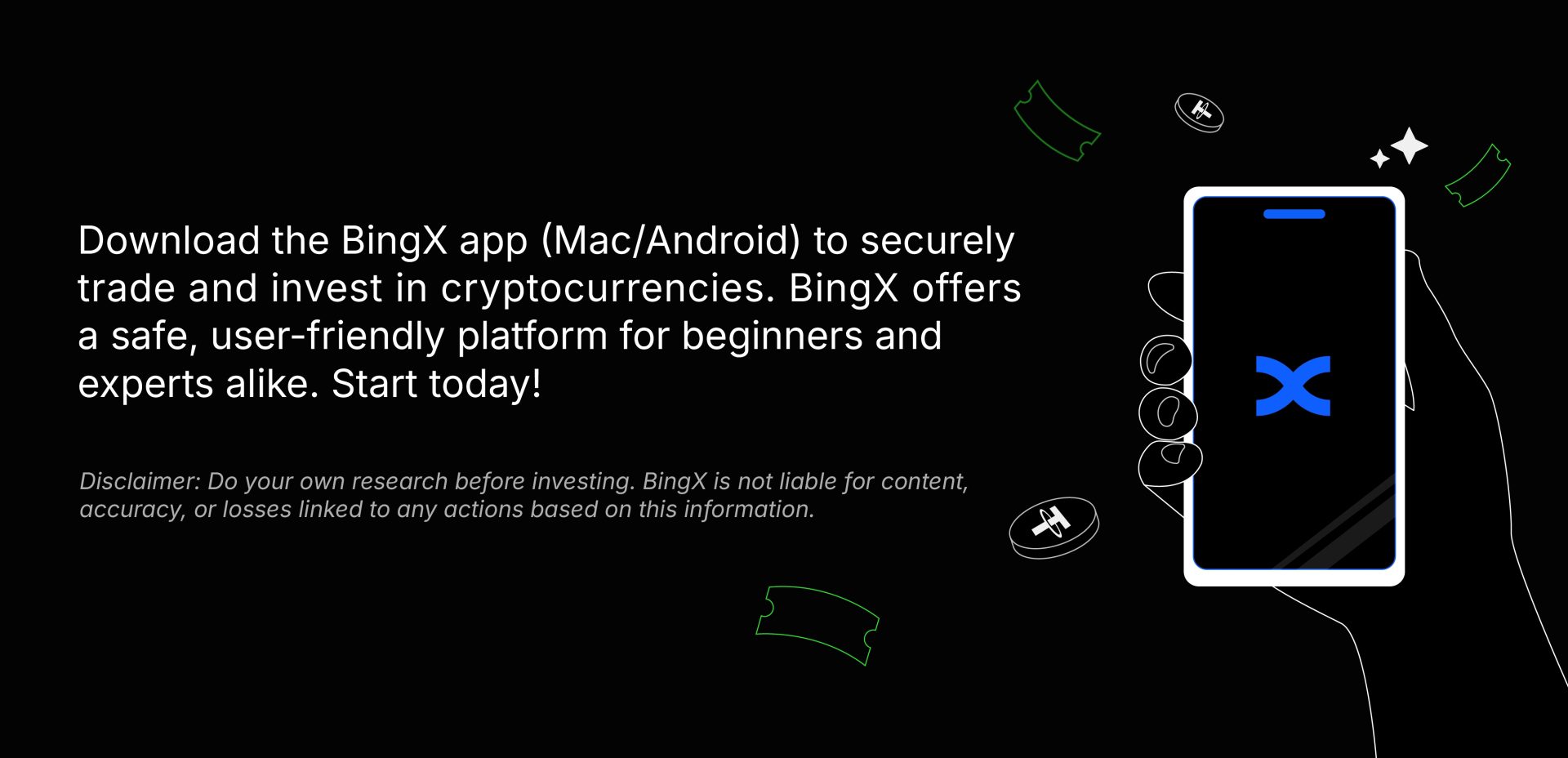Imagine AI systems that no single company controls, where data stays private and contributions get rewarded fairly. This isn’t sci‑fi as it’s happening now. Decentralized AI built on blockchain is challenging Big Tech’s dominance, and the implications could reshape data privacy, governance, and trust. Curious yet? Let’s dive in and see how this revolutionary tech could change everything while still needing a safety net like BingX to navigate the trading waters.
Latest Developments
The buzz around decentralized AI (DeAI) is reaching a fever pitch. Recent coverage highlights how blockchain and AI are merging to create transparent, community-driven systems where AI tokens power decentralized ecosystems. Polkadot has emerged as a hub for experimentation with parachains handling AI workloads, enabling interoperability via XCM and supporting projects like NeuroWeb, OriginTrail, Gensyn.ai and PolkaBot.AI. We’re now seeing real-world traction—no hype, just results—as DeAI goes from concept to code. DeAI enthusiasts tout a new era of openness and fairness. With blockchain maintaining audit trails and community governance models, AI development becomes crowd‑centric instead of corporate‑centric.
Real Advantages
A key strength of DeAI is breaking vendor lock‑in. By distributing compute, data, and validation across participants, these systems promise to be more robust, diverse, and censorship resistant. Platforms like POKT Network demonstrate how permissionless, market‑driven inference layers can blend open‑source models with rigorous verification. Adding Polkadot parachain modularity means AI‑specific chains can be spun up with minimal friction . That means more innovation, more fairness, and more community participation.
Hurdles on the Road Ahead
Every rainbow has its thunderstorm cloud. Scaling remains a key concern. While parachains boost throughput, cross‑chain data coordination can bottleneck during heavy compute sessions . Distributed training can introduce latency, connectivity issues and inconsistencies, problems JamChain and gradient quantization aim to fix, but are still being tested. You then have off-chain computation adding another layer of complexity and potential trust issues derived from doing so. It could very well be AI token ecosystems are just dressing up old tech with crypto stickers so the future is still filled with controversial speculation at the moment.
Final Thoughts That Stick
DeAI could be the pivital tech that flips the whole AI industry upside down but until parachains and off-chain computations all work seamlessly and governance isn’t allocated to just token whales, theres still much to hope for. As much as the industry is excited for Decentralized AI, it’d still be a while until we see everyone throwing open doors and handing out digital AI invites but it is something most in the industry are looking forward to.
